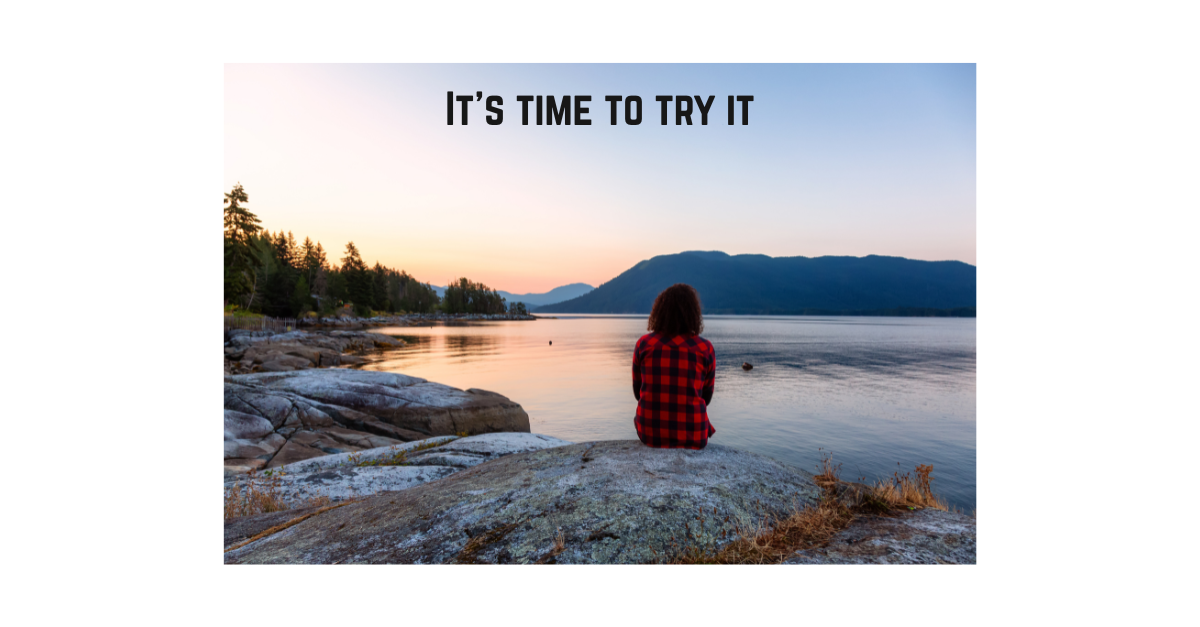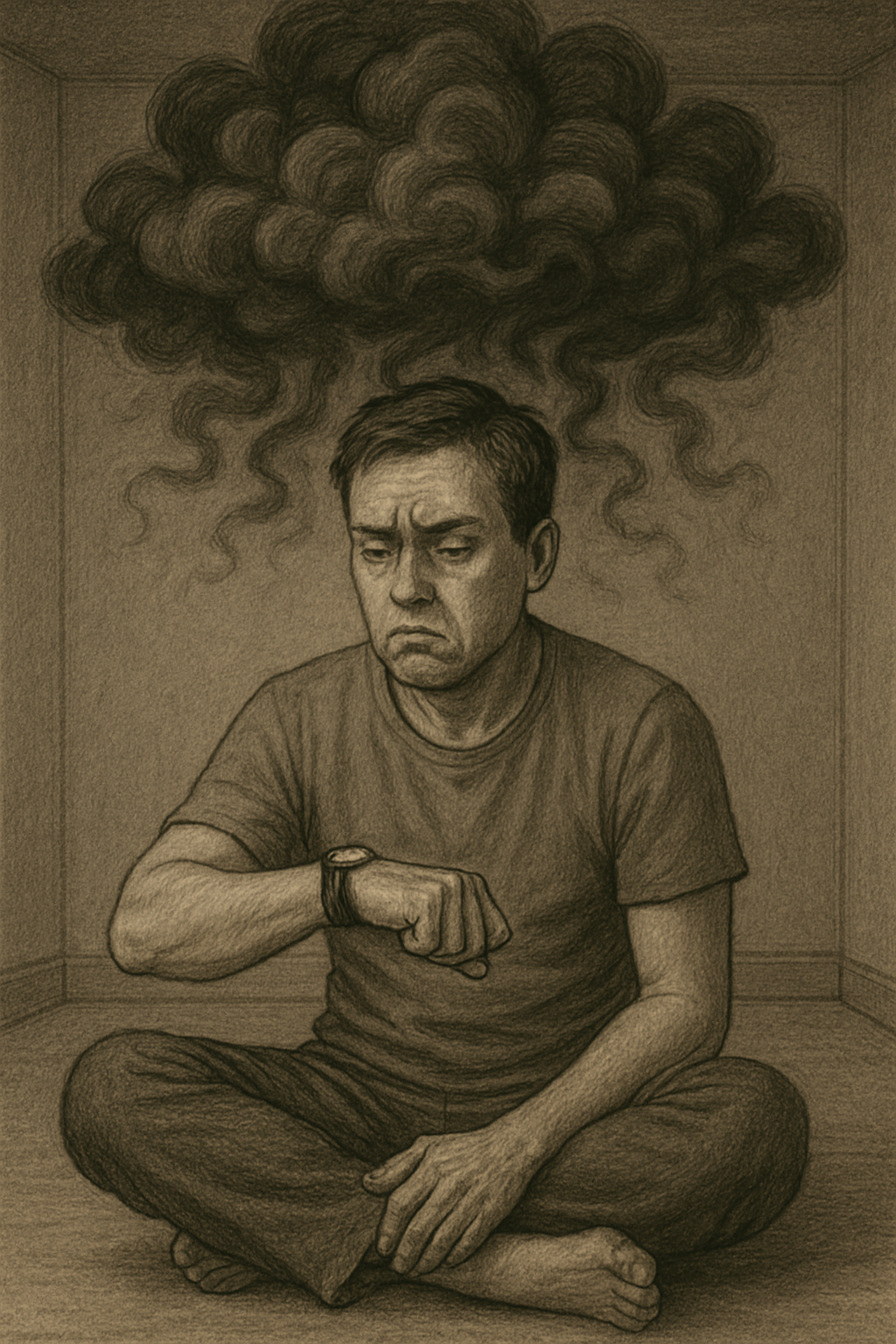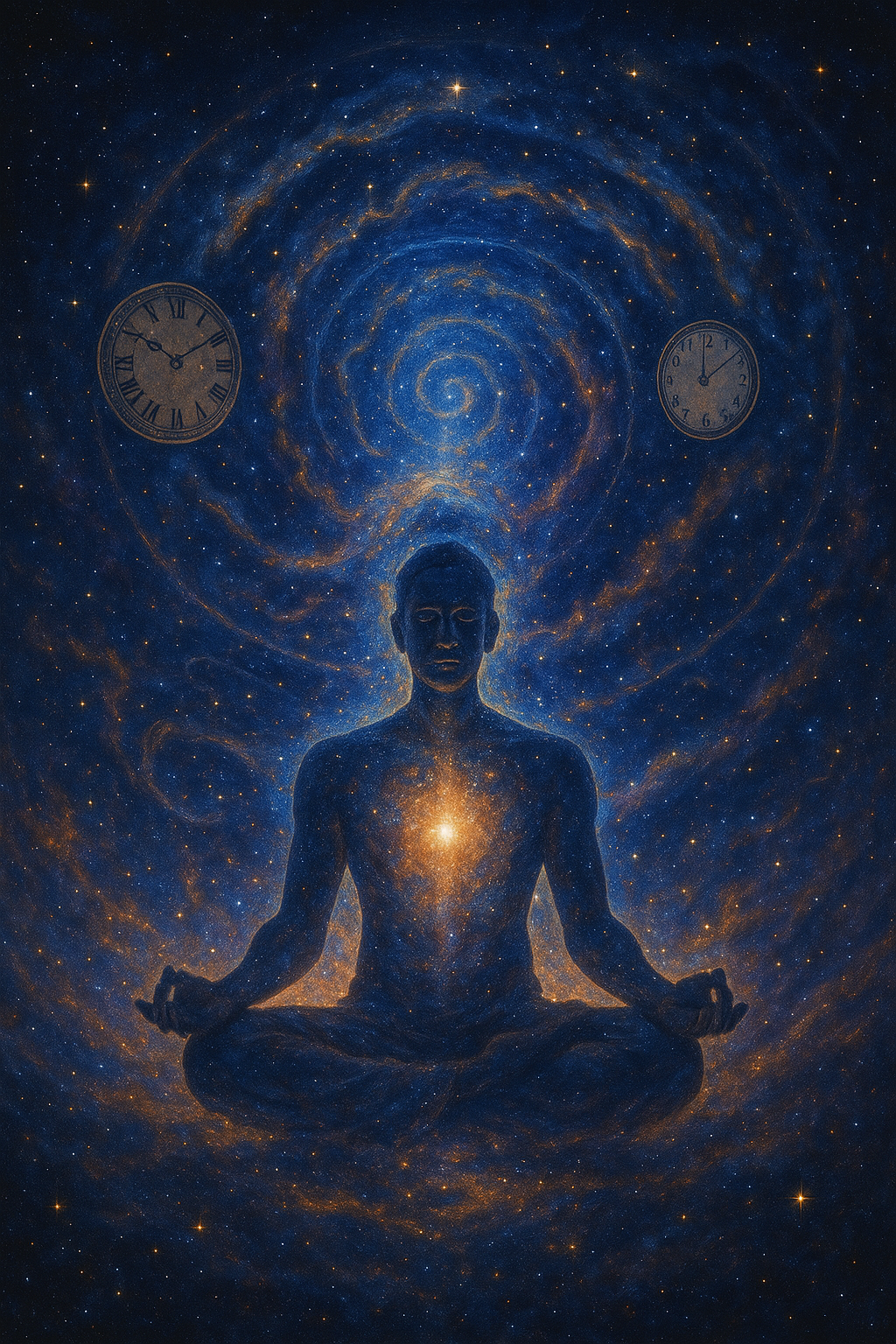Practice- Changing Your Mind
Have you ever noticed that you do things that you know are bad for you, kind of all the time? You overindulge in things you wish you wouldn’t, and you stay up late watching television or social media for no reason. Then you beat yourself up about it.
Gah, why do I always do this? Why can’t I just get it together?
As a person, your mental experience is also generally unpleasant. Your thoughts tend to be generally negative, of yourself and others. Life is just kind of difficult, most of the time. You interpret this to mean that you’re flawed in some way, and for many of us, this is our Big Dark Secret. You feel separate from others, even those you love. You think getting the next promotion, car, or vacation will make you happy finally, but it doesn’t. You think getting rid of this noxious person or situation will see you to clear sailing. But it doesn’t. You’re actually kind of unhappy, kind of a lot, and you’re not really taught what to do about it. Why does it so often feel like you’re doing it wrong?
Talking ‘bout practice
What if I told you there was a way to work on, and improve how your mind works? What if you could break free from the torrent of thoughts and emotions that blow you off course seemingly everyday? What if your ability to live the happy, peaceful life you’ve imagined was in fact within your grasp? What if you could stop doing things that you know are bad for you and instead choose the things you know to be life changing and beneficial? Why can’t you just change, or just do, the things you already know you want? Because you don’t practice. And that practice is mindfulness through mediation.
There is a way
Many people think they know what meditation is and what it does, and they really have no idea. They haven’t ever done it in a systematic way, or been taught its nuance. It’s seen as relaxing when it can be excruciating, boring when it can be profound, and useless when it can be life changing. Perhaps you’ve already tightened up a bit finding out mediation is what this article is about. I too once thought something so simple (watch my breath?) could possibly be the answer for that aching feeling of not belonging, and that hole in my soul that would never quite fill. I wish someone would’ve told me the answer I was looking for was inside all along. The key to my lock was already in my hands, and the key to unchain yourself, is already in yours.
It’s not as permanent as you think
The first mistake me make is thinking that our mind states are fixed or permanent. We catch ourselves using phrases like, “I always…” and its nefarious cousin and argument-starter “You always…” When we examine these statements you realize they’re not really true. It’s the strongest and negative mind states however that seem the most inescapable. When a friend is going through a break up, you encourage them that the awful feeling will pass, and you know it will. Give them some time, and they will bounce back and be ok. Yet when we are caught in the most powerful mindstates (things like rage, despair, loss, or even triumph) we’re convinced it will never change.
It can be a seemingly impossibly lift within these powerful emotional states to realize that this state too is fleeting, just like all the others. You are happy and then the next moment you are sad. You seem to have no control. Emotions enter and leave of their own accord like unwelcome guests at an overworked hotel. Despite how much you scold yourself for how you “should” be feeling, has it ever worked? You don’t really control how you feel. Be joyous, right now! Now be magnanimous, now anxious. Did anything happen? Probably not.
Thoughts themselves seem to pop out of nowhere and disappear just as quickly. I’m hungry, a memory from years ago, a blue car! The downpour of thoughts, opinions, plans, dreams and desires never ceases. Where do thoughts come from and where do they go? What was I just thinking of? It’s already gone! You feel like you can never turn it off, and it’s exhausting.
You can train it, but you have to practice
This combination of uncontrollable thoughts/emotions and the perception of permanent mindstates makes it feel like we are victims of our experience without a choice. Wanting to change is clearly not enough. We have to practice with our minds to create the changes we want to see. We do this with our bodies already. It doesn’t work to yell at your muscles to grow in the gym. You lift weights which causes the stimulus for them to adapt. You go to the gym even when you’re not necessarily in the mood in order to get the benefits later. We also know that wanting stronger muscles doesn’t do anything. You have to do the reps to get the result. Watching an exercise video doesn’t change your body.
Training the mind works the same way. You can’t just know you should eat your vegetables, you have to practice the habit. We don’t just force our mind to behave. How does that usually work? I bet you’ve tried it. We say to ourselves:
“I shouldn’t feel this way!”
“I wish this feeling would go away”
“I shouldn't be sad, so many people have it worse than me.”
We resist our general sense of dissatisfaction with distraction in TV, food, social media, you name it. We lash out at others because it’s just so tempting to think that OTHERS are surely the cause of this unpleasantness and if they would just straighten up we would finally be ok. We are stuck and then we beat ourselves up for not getting unstuck. We tell ourselves it will all be ok once we get that promotion, move to a new place or get through this tough time. But it won’t, because the mind state that created our troubled minds will be waiting there too.
But fear not! There is hope. It is possible to provide the stimulus for a greater state. The state behind the thoughts, behind the emotions. Lifting weights for your mind is practicing to see the screen on which the movie happens.
Mindfulness has become enough of a buzzword as to be ill defined and can be misinterpreted to mean “just being aware” of your experience. But many of us are VERY aware of our experience. Nothing seems more real than our pain, loss, grief or even victory. We already know the content of the experience but are we aware that we are having it? This is true mindfulness is being aware without needing to push it away or cling to it. It’s a layer back. A vivid description is getting behind the waterfall. Have you ever been behind a waterfall? It’s quite pleasant and peaceful. There’s nothing to “do” just being there is enough. This state is available to us even in the depths of sadness or loss. The state behind the state. The canvas of the painting. And while we don’t have a choice what thoughts we think or emotions we feel, we do have a choice in directing our awareness to this mindful state. The place where we respond versus react.
It’s not what you think
A lot of times it’s like this…
Meditation, like mindfulness, is also misunderstood. Many people who haven’t done it think it is synonymous with relaxation. While it can be relaxing, the work itself I assure you, is quite difficult. Because of this misunderstanding people will think that any relaxing activity can be a substitute. “Running/knitting/yoga is my meditation” you’ll hear. But this is another example of being IN an experience versus behind the experience. Simply substituting a positive experience for a negative one still keeps you lost in the imagined permanence of these experiences. It conditions the idea that you need to eliminate negative experiences and hoard positive ones and then everything will be ok, but this doesn't work. And you’ve tried that already, isn’t it time for something new?
How do you “remember” to be mindful?
You start by practicing. You create the conditions for the state to arise on its own just like growing muscles in the gym. The primary method is meditation. You practice staying mindful of experience until you get distracted, which you will, and then you come back. No mistake has been made, no judgement necessary, your mind is doing what it does (cranking out thoughts) and you gently guide it back. This simple practice can transform your life. The three easiest methods are watching your breath, listening to sounds, or feeling the sensations of your entire body. You pay attention, lose focus and return. It is absurdly simple and frighteningly difficult. Starting with small chunks like 5 or 10 minutes is enough to get you hooked if you do it frequently. You are now entering the stream of truth seekers with thousands of years of tradition and teaching at your back. You’ve come to the right place. And welcome.
But sometimes…it’s like this.
Conclusion
True mindfulness through meditation allows you to see behind ALL experiences including the positive ones. They are all fleeting. This is a soul soothing state from which we can watch it all without being blown about by the winds. There is peace and connection to all of life. You are an infinitely small speck of an inconceivable universe and yet an inseparable part of it all like the moon and stars. Sounds good doesn’t it? With practice, and meditation, this behind it all state will generate all on its own. It can join you while sitting in deepest contemplation or maybe just sitting in traffic.
You practice to create the circumstances for it to arise. And what arises is peaceful, joyous, and kind. I promise, it doesn’t feel like magic or Woo Woo new world nonsense. It feels like remembering and it feels like home. It can be the simplest and yet hardest thing you’ll ever do. I too was skeptical at first, until I stumbled into it enough to see just how much I had been missing. It’s changed my life to such a degree that I can’t keep it to myself anymore. You have to be ready to begin, but once you do, you’ll wonder why you didn’t start sooner. You can keep doing things how you always have, falling victim to habit and routine. Or you can break free and find a new way, the one you’ve been looking for.






